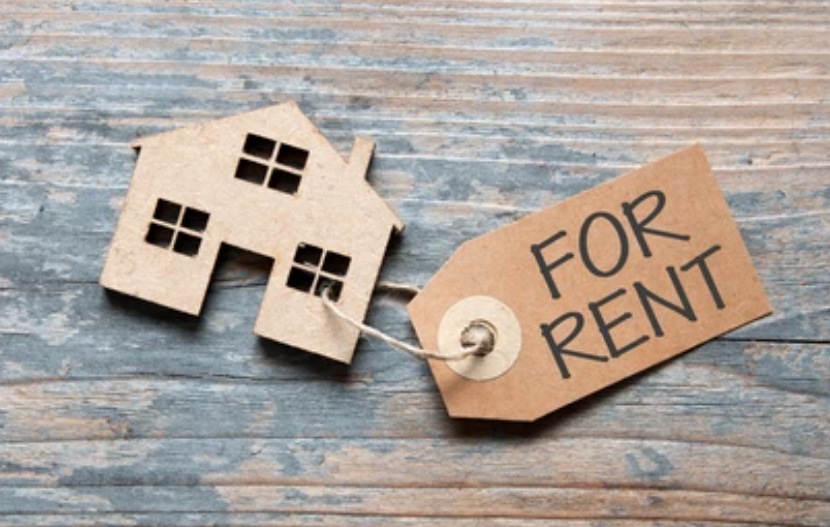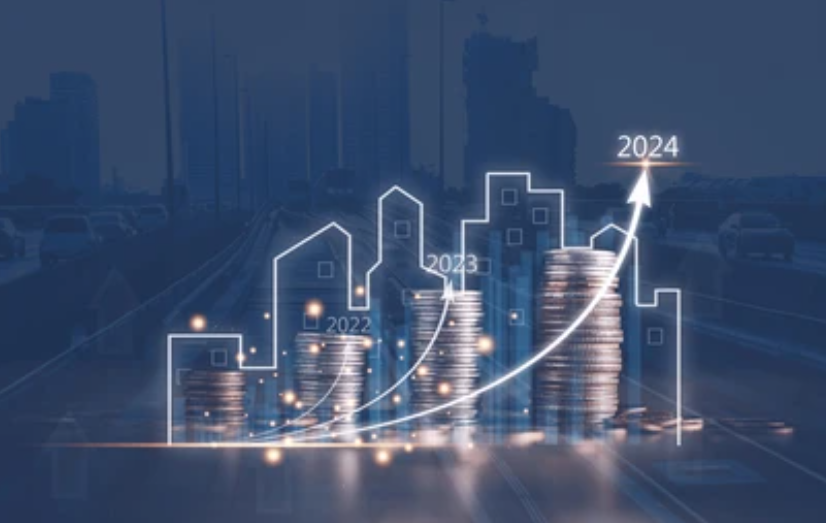The Basics of Buying a Home
- Buying a home in cash can be a great step toward financial freedom, but it isn’t automatically a better choice than taking out a mortgage.
- Paying in cash can save you thousands on interest, closing costs, and monthly payments, but you could earn more in the long run if you invested some of that money in the stock market instead.
- Paying in all cash could be risky if you don’t have much left in savings after buying the home.
- Buying in cash can make your offer more competitive and may land you a discount, while a mortgage could come with tax benefits and the ability to improve your credit score over time.
If you have the money to buy your dream home, then you might assume paying in cash is the way to go. This could be true, but the choice between paying in cash and getting a mortgage isn’t black and white.
The answer to the “cash versus mortgage” debate depends on your circumstances. There are several factors to consider, including how much you’d have left in savings, how you’d spend the extra money if you took out a mortgage, and what your priorities are.
Should You Buy a Home in Cash or get a Mortgage?
You may want to buy in cash if you:
- Will still have significant savings after buying the home
- Want to close on a home quickly
- Wouldn’t put the extra cash into other investments
You May Want to Take out a Mortgage if You:
- Would put the extra money you would have used to buy the house into the stock market
- Would be in a tight financial situation after buying a home in all cash
- Want to gradually improve your credit score, and don’t already make other payments that boost your score
Benefits of Buying a Home in Cash
- You won’t pay interest. Paying interest on a mortgage can cost you tens of thousands of dollars over a 15-year, 20-year, or 30-year term. Paying cash to avoid interest is a potentially great way to save money in the long run.
- You won’t pay closing costs. Taking out a mortgage comes with a lot of fees, commonly referred to as closing costs. You could pay an appraisal fee or private mortgage insurance premiums. Lenders also have the right to charge “junk fees,” which could show up on an itemized list of fees as origination or processing fees. In total, closing costs typically set you back thousands.
- You’ll have lower monthly payments. You’ll probably still have to make monthly payments on things like property taxes, homeowners insurance, and maybe homeowner’s association fees. But you’ll free up hundreds or thousands of dollars per month on mortgage payments, so you can spend that money in other ways.
- It could make your offer more competitive. A seller may prefer to sell to someone who is paying in cash, because the closing process usually goes more quickly, and there’s less risk that something will go wrong with your financing.
- You might pay less for the home. Because receiving a cash offer is more attractive, the seller may agree to give you a discount to close the deal.
Benefits of Taking out a Mortgage
- You aren’t tying up a lot of money in one investment. If mortgage interest rates are low right now, then you could stand to make more by investing some of the money in the stock market than by avoiding interest payments. But if you’re pretty conservative with your investments or know you wouldn’t put that money toward the stock market, then paying in cash could still be more lucrative.
- You aren’t spending a lot of cash at once. Yes, buying in cash can potentially save you a significant amount of money in the long run. But if you spend the bulk of your liquid cash on the home, then you could face trouble if there’s an emergency or if you need to make home repairs after moving in. It can be a good idea to make sure you still have money set aside for an emergency after buying a home.
- Improve your credit score. Making mortgage payments on time every month for years should gradually boost your credit score. This tactic can be especially useful if you aren’t already improving your credit score by making payments on a car loan, student loan, or credit card.
- Receive tax benefits. Mortgage interest payments are tax-deductible. The deductions aren’t quite as substantial since the 2017 Tax Cuts and Jobs Act limited how much you can write off, but it’s still worth considering. In 2020, you may be able to write off up to $750,000.


